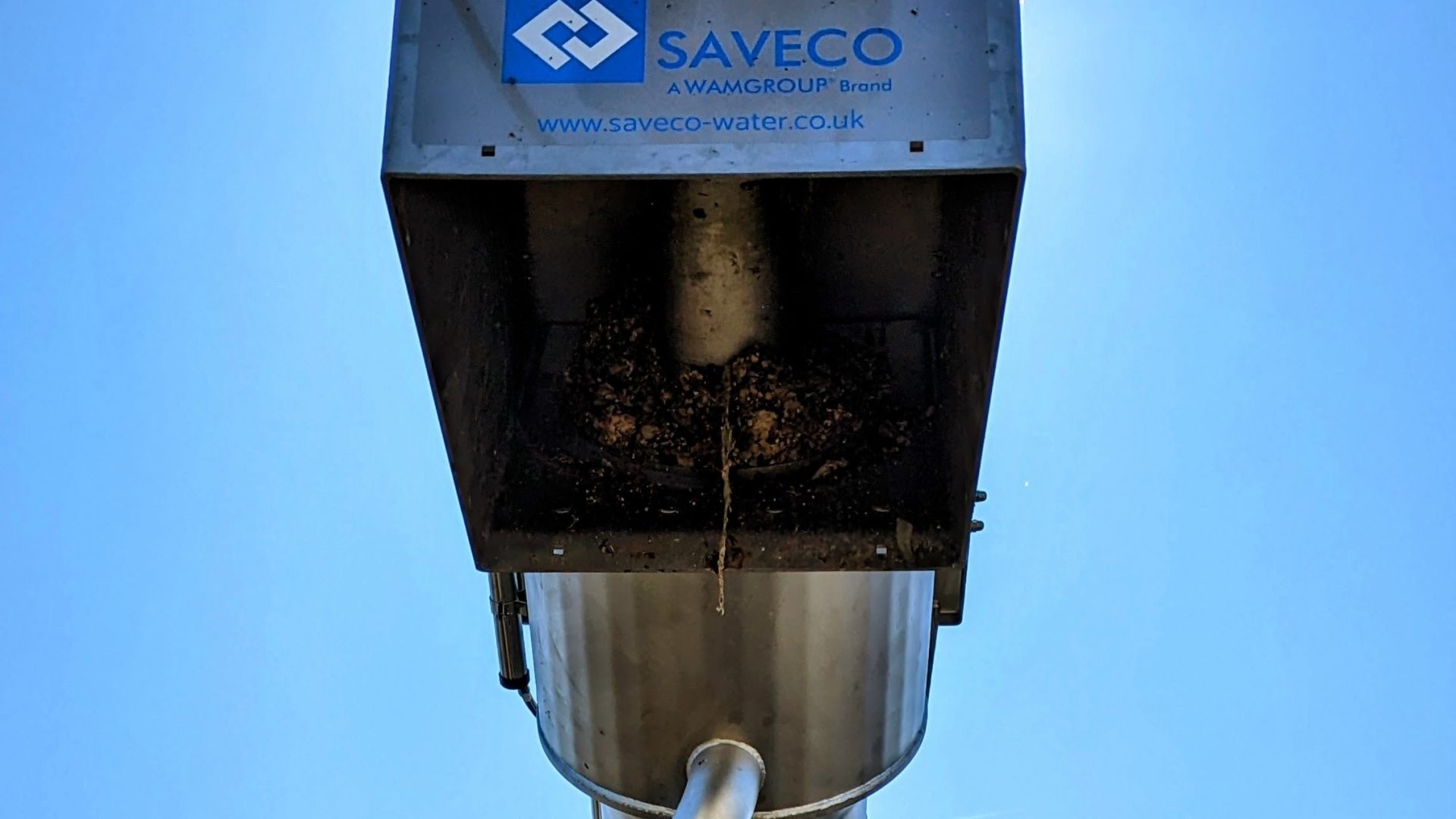Cornwall’s ongoing issue with a lack of facilities able to treat septic waste could be replicated in other parts of the UK, according to one leading equipment manufacturer.
With South West Water turning septage tankers away from its treatment works during what have now become prolonged periods of heavy rainfall, some residents have been unable to flush their toilets because their septic tanks are full.
Craig Webb from SAVECO, who provide systems for the rapid processing of septage, commented:
“I can understand the Environment Agency’s view that disposal companies should invest more in storage and treatment facilities, but water companies can do likewise.”
Webb pointed to the recent investment made by Pellows (the longest established (1964) liquid waste disposal contractor in Cornwall) in SAVECO’s ‘Beast’. A typical 4.5m3 tanker (1,000 gallons) that used to take over 20 minutes to empty, can now get back out on the road to collect more liquid waste after less than three minutes discharge time.
‘Missing out on an opportunity’
“With an estimated 1.5M domestic septic tank owners in the UK’s fast-growing population,” added Webb, “the problem with a lack of facilities and regular storm events isn’t going to go away. It is time perhaps for the water industry to follow America’s lead by investing much more in septage facilities. This can provide a steady income stream for water companies from the charges made to waste contractors, rather than missing out on an opportunity by simply stating that they have no statutory obligation to accept it. The new receiving station at Pellows increased throughput by more than 30%, and payback was just four months! Grit removal should also play a bigger role in the effective treatment of septage, which can be processed faster and more effectively with the right, robust systems, protecting equipment further down the treatment process.”
As a plug-in-and-play system, Pellows has benefitted greatly from the SAVECO ‘Beast,’ that is designed with a fully integrated 5mm screen, conveyor and compactor, all in one unit to remove harmful debris (and dewater it) prior to discharge. It can handle 200 m3/h and up to 6-8% solids.
‘An increasingly big issue’
Webb continued: “Environmental wet waste is an increasingly big issue. It’s becoming a double-whammy for rural homes, factories, hotels and holiday parks without main sewer connections facing issues, as more water company facilities potentially turn away septage tankers during prolonged rainfall. This then creates the ridiculous and costly knock-on effect of hauliers being forced into driving long distances across neighbouring counties to find a facility that can accommodate them, which is not exactly a great advert for reducing carbon footprint.”



